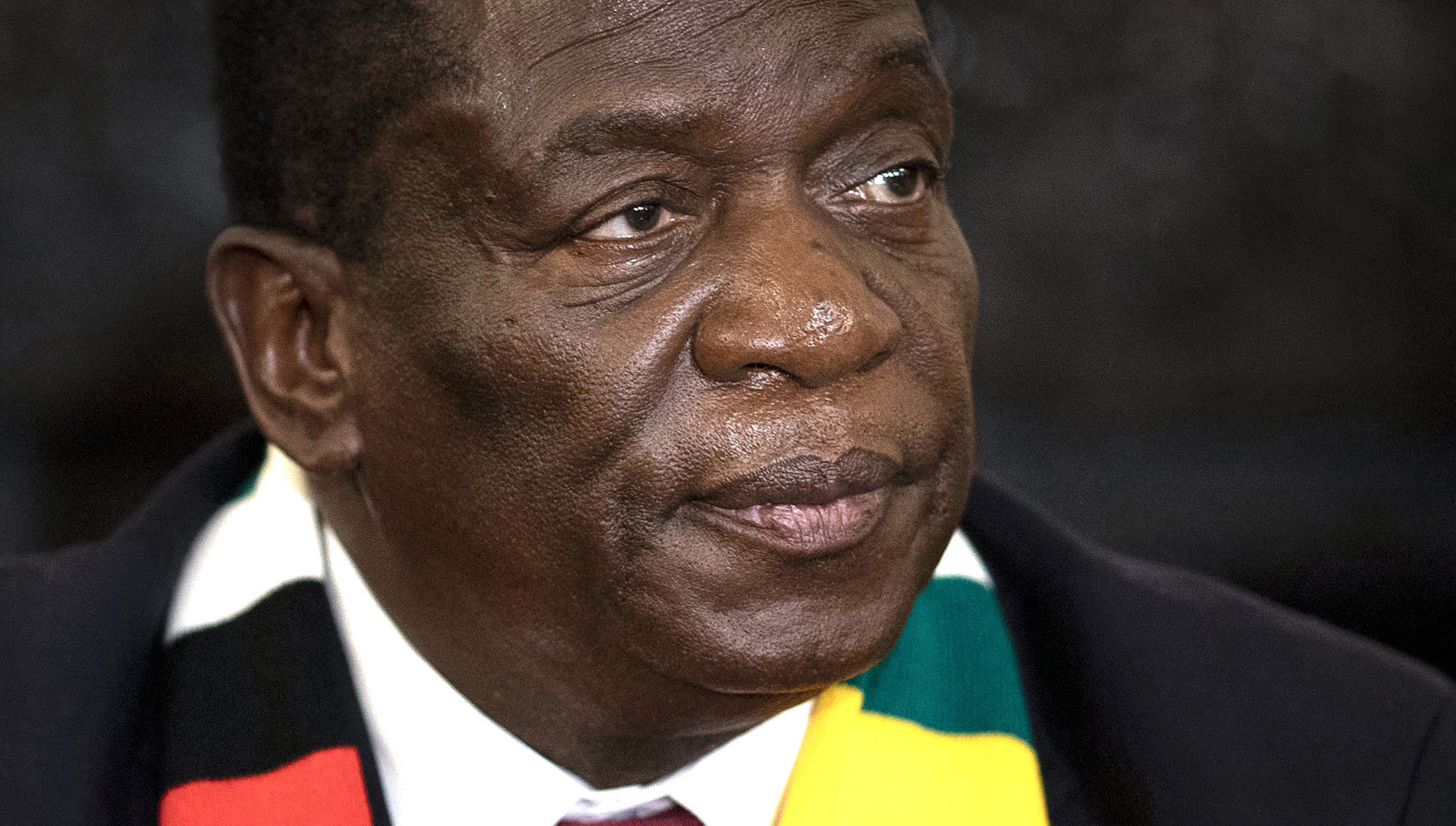Zimbabwe’s President Emmerson Mnangagwa on Friday signed into law a bill that imposes penalties on citizens who portray a negative image of the country, ignoring a chorus of disapproval from opposition parties and pro-democracy groups.
The Criminal Law Codification and Reform Amendment Bill, commonly referred to as the Patriotic Bill, punishes Zimbabweans for “wilfully injuring the sovereignty and national interest of Zimbabwe.”
The enactment of the new law, which has been described by critics as “draconian”, comes only a few weeks before the country holds general elections that some observers say have already been undermined by politically motivated violence and an uneven playing field.
Zimbabwe Lawyers for Human Rights spokesperson, Kumbirai Mafunda, described the latest move by President Mnangagwa as a “sad day for democracy” in Zimbabwe.
“We are saddened that Zimbabwe is taking a route that is retrogressive in terms of hampering citizens from exercising their rights. It’s a sad day for Zimbabwe; it’s a sad day for democracy. We are quite taken aback by a government that had made promises that it will enhance or make people enjoy their rights. We are seeing this happening towards an election and this shows that the government does not want any constructive criticism and constructive advice,” Mafunda said.
Another human rights watchdog, Amnesty International, criticised the enactment of the new law saying it was an impediment to the enjoyment of fundamental freedoms enshrined in the country’s constitution.
‘Disturbing’ crackdown on human rights
“It is deeply concerning and signals a disturbing crackdown on Zimbabweans’ rights to freedom of expression, peaceful assembly and association. The weaponisation of the law is a desperate and patent move to curtail the rights to freedom of expression and to public participation in elections due in August,” said Flavia Mangovya, Amnesty International’s deputy regional director for East and southern Africa.
Mangovya said it was worrying that the new law “would also give authorities greater powers to unduly restrict human rights adding that it would allow for imposing the death penalty against those perceived as being critical of the government, including political activists, human rights defenders, journalists, civil society leaders opposition parties and whistleblowers.”
You don’t legislate patriotism; patriotism is something that comes from a sense of pride, a sense of dignity, a sense of belonging.
Nelson Chamisa, leader of the main opposition Citizens Coalition for Change (CCC) party, described the enactment of the new law as a desperate attempt by the Mnangagwa administration to justify its omissions and commissions.
“You don’t legislate patriotism; patriotism is something that comes from a sense of pride, a sense of dignity, a sense of belonging. It’s not done by putting a piece of legislation,” said Chamisa.
Government says law is ‘necessary’
According to Mnangagwa’s government, it was concerned by Zimbabweans who were collaborating with foreign forces to impose sanctions on the country; therefore it was necessary to enact this law.
Zanu-PF spokesperson Christopher Mutsvangwa was not immediately available for comment ,but a senior party activist Peter Tangi told Daily Maverick that the law was necessary.
“This all started when some Zimbabwean citizens called for sanctions from America, Britain and other countries in the West. Every country has its own principles and we will not allow Zimbabweans who call for punitive measures … on Zimbabwe to allow the West to effect regime change in our country,” Tangi said.
'Leadership crisis'
However, Chamisa said Zimbabwe’s problems emanated from a leadership crisis in the country.
“Government is the biggest sanction in Zimbabwe and we have to remove all sanctions starting with corruption, starting with the [current] government, starting with those who are causing problems and nightmares,” added Chamisa.
Lloyd Damba, the spokesperson for MDCT leader Douglas Mwonzora, said his party would push for the law to be repealed.
“We are going to have that law repealed because it is draconian, it is archaic and it is not in sync with the democratic principles of any nation globally,” Damba said. DM




